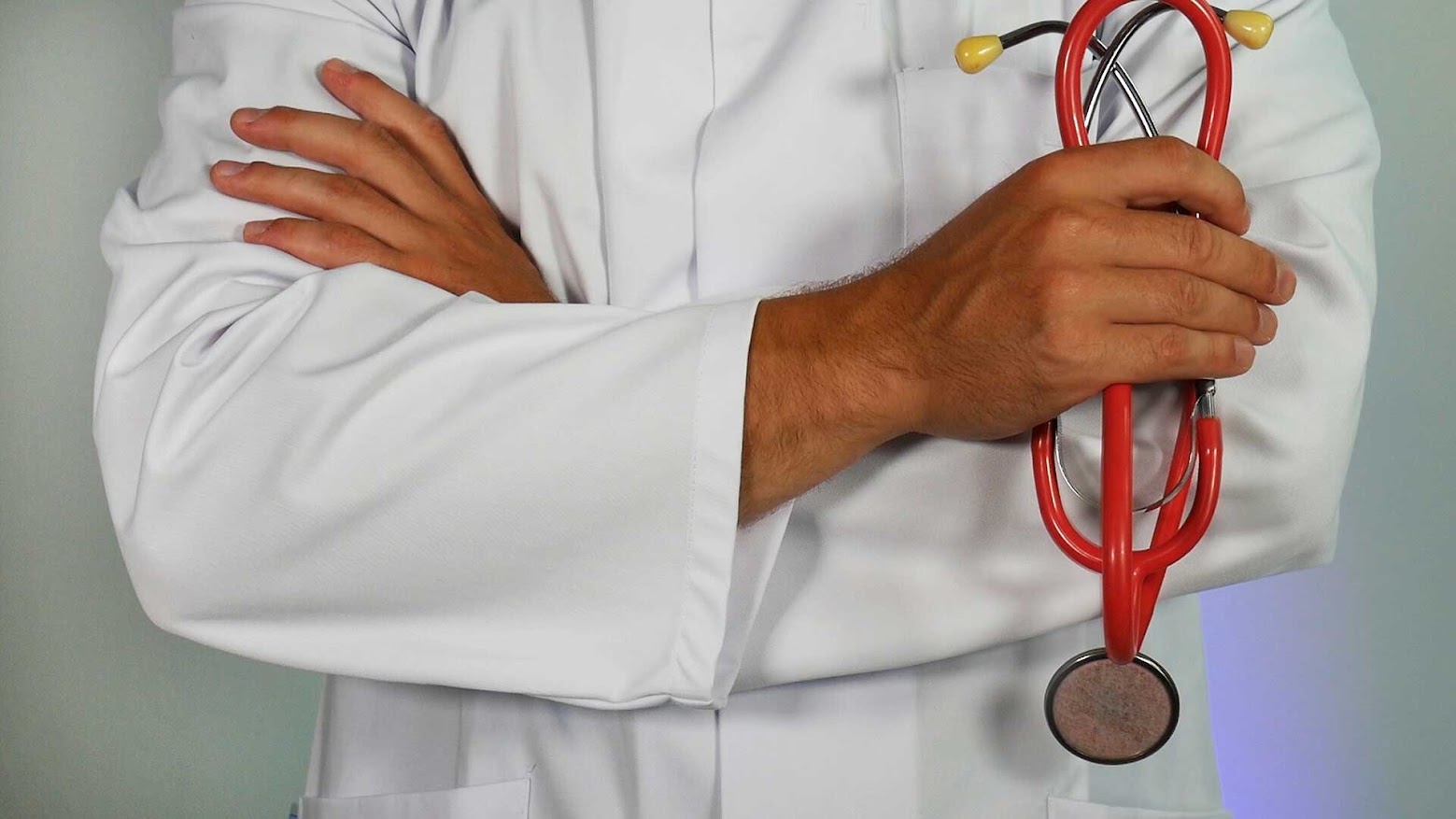
Cardiac catheterization can provide a great deal of insight into your heart function. At South Shore Cardiovascular Associates, this procedure is one of many tools the team uses to improve the heart health of men and women in and around Brandon, Riverview, Tampa, and Sun City Center, Florida. To explore cardiac catheterization in greater detail, schedule a consultation today. You can book your visit online or by phone, so don’t delay.
What is cardiac catheterization?
A cardiac catheterization is a diagnostic tool used to determine how well your heart is working. It’s a common procedure that gives your heart health team a deeper understanding of which interventions might be best for your specific set of needs.
The process involves inserting a thin, hollow tube (a catheter) into one of your heart’s large blood vessels. Once your specialist has gained access to your heart, multiple different screenings are possible. There are also numerous procedures that can be completed during catheterization, including placing a stent.
When is cardiac catheterization necessary?
Some of the more common diagnostic uses of cardiac catheterization include:
- Locating areas of your blood vessels that are blocked or narrowed
- Measuring oxygen levels and pressure in various areas of your heart
- Searching for issues with your heart valves
- Assessing your heart’s pumping function
- Removing a small tissue sample from your heart (biopsy)
- Checking for signs of congenital heart defects
If your specialist feels that cardiac catheterization is the right approach, you’ll receive full details of why the test is being done and what to expect.
How can I prepare for cardiac catheterization?
Your cardiologist will advise you on the exact steps you’ll need to take to prepare for your catheterization. In general, you’ll be asked to refrain from eating or drinking anything for at least six hours prior to your procedure to reduce the risk of complications with the anesthesia.
You may also be asked to cease certain medications for a period of time before your cardiac catheterization. Be sure to share the full details of any medications and supplements you are or have recently been using.
It’s also important to try to relax as you prepare for your procedure. Try not to worry about the catheterization or what kind of treatment path might follow. You’re doing the right thing by pursuing answers, so try and find balance and calm at this stage of the process.
Is cardiac catheterization painful?
You’ll receive anesthesia to ensure you remain comfortable throughout the process. Once your procedure is complete, you should be able to head home the same day unless your overall health condition is poor.
You may feel some pressure during your cardiac catheterization, but there isn’t any pain. Once the process is complete, you can eat and drink. You may have some bruising at the insertion site.
It’s important to follow all recovery instructions, including taking medications as ordered. If you experience sensations of numbness, tingling, or swelling near the insertion site, be sure to contact South Shore Cardiovascular Associates.
If you have questions or concerns about cardiac catheterization, simply call or use the online scheduling tool to set up a one-on-one consultation today.
